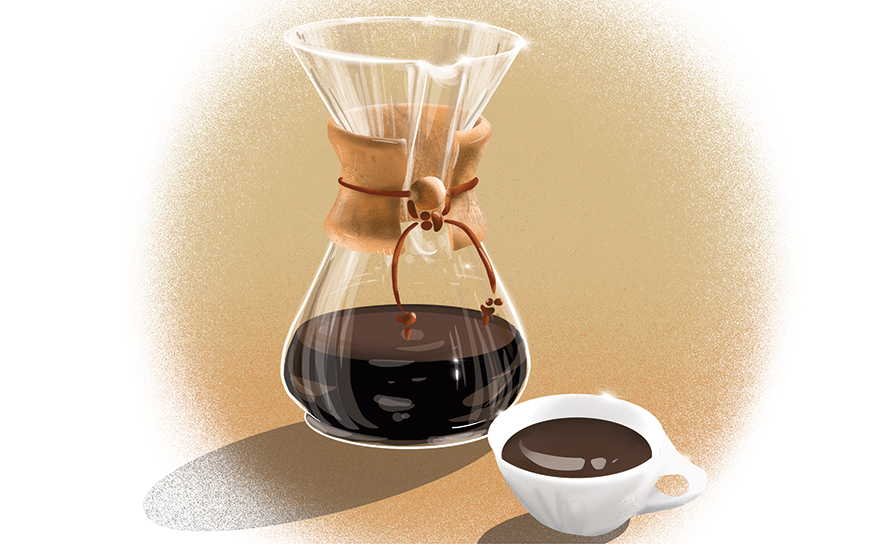
The Skinny On Superfoods
With their cutting-edge superfoods research
program, City of Hope scientists are discovering new weapons in the battle against cancer. Clinical dietician Peggy Mancini shares some of the latest findings.
-
CategoryPeople
What are the best cancer-fighting foods?
While all fruits and vegetables, as well as whole grains and legumes, provide cancer-fighting nutrients, some noteworthy ones include the avocado—rich in potassium, healthy monounsaturated fat and cholesterol-lowering beta-sitosterol, broccoli and Brazil nuts. We are also in the process of studying pomegranates, blueberries, mushrooms and cinnamon. All show cancer-fighting properties.
Are there ways of preparing foods aimed at preventing cancer?
While you might think raw is always better, that’s not always the case. For example, while raw broccoli has 11 times the antioxidant sulforaphane than cooked broccoli, studies have found that cooked broccoli seems to be more cancer-preventative. And cooked or processed tomatoes provide more of the antioxidant lycopene than raw. Green beans (except if boiled), celery and carrots also have more available nutrients when cooked.
How exactly do antioxidants work to fight cancer?
When the body processes oxygen, breaks down food or is exposed to various environ- mental conditions or pollutants, a chemical reaction occurs called oxidation. When oxidation becomes too much for the body’s natural antioxidants to maintain balance, free radicals are formed and they may lead to the formation of various cancers.
What are things should we avoid eating?
The recommendations include limiting:
* high fat foods, especially fat from animal sources
* avoid consumption of alcoholic beverages; if choosing to drink, limit to 2 drinks/day for men, 1 drink/day for women
* intake of red meats (no more than 3 ounces, 2 -3 times/week)
* salt consumption
* high-calorie, nutrient-poor foods, particularly those with added sugars.

Every few months, there’s a new super-food. How can we keep up-to-date?
Just about every fruit and vegetable could be called a “superfood.” It’s the variety that keeps our diet rich in a variety of nutrients. As an easy guide, try to “eat a rainbow,” since the assorted colors of fruits and vegetables signify different phytochemicals—all of which have different disease fighting properties.
How important is it to buy organic in terms of health and avoiding cancer?
Most experts agree, it’s best to choose organic when possible. That assures that the food is 95% organic and free from chemical fertilizers, pesticides, antibiotics and/or growth hormones. The Dirty Dozen is a list of 12 fruits and vegetables that tend to have the highest pesticide residues. It includes peaches, apples, celery, nectarines, bell peppers, strawberries, cherries, lettuce, grapes, pears, spinach and potatoes. Buying organic can be expensive, so if you’re trying to decide where to spend money, these are the items to invest on.
What other things can one do to avoid cancer, in terms of antioxidants?
Consume a diet emphasizing plant foods (fruits, vegetables, whole grains, legumes, soy, nuts and seeds) and increase fiber intake to 30–35 grams per day. Also, increase Omega-3 fatty acids (fatty-rich fish such as salmon, herring, sardines, tuna). Two servings of fish (not fried) every week are encouraged.











